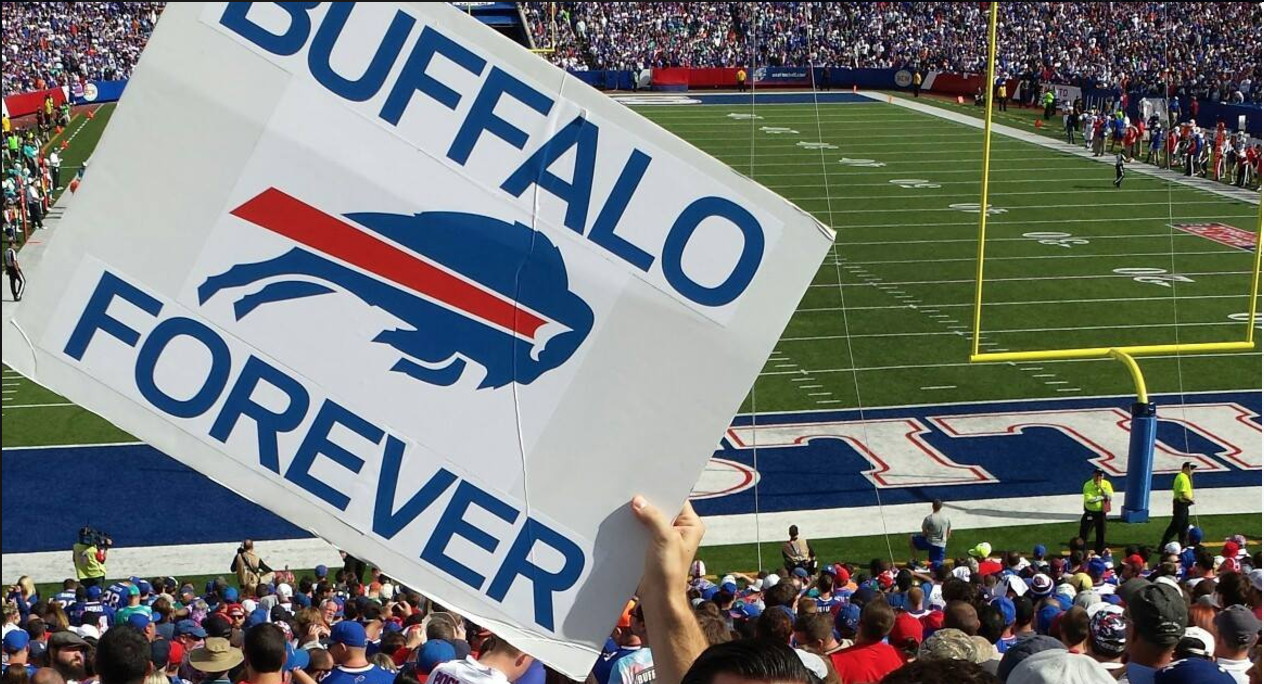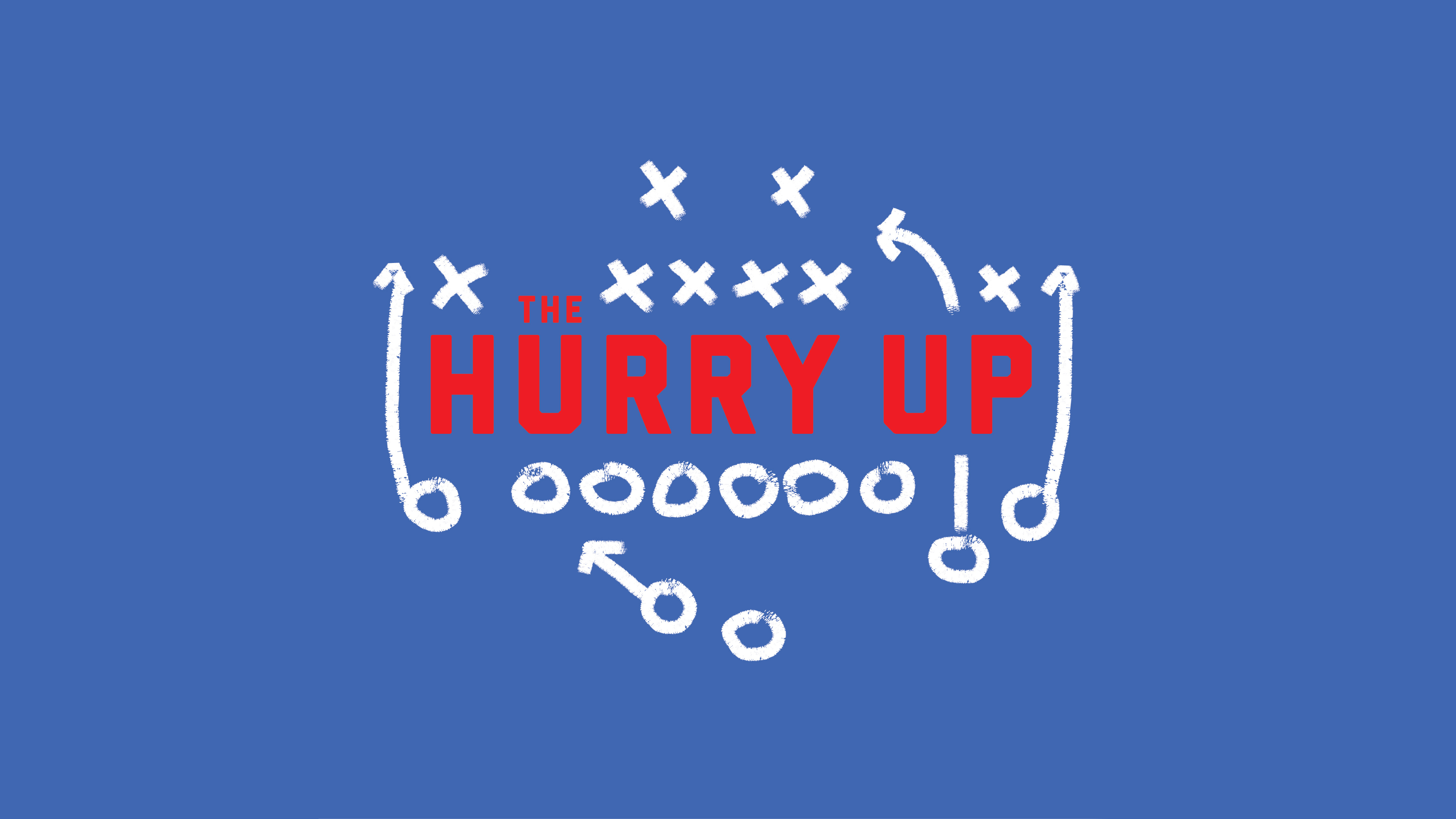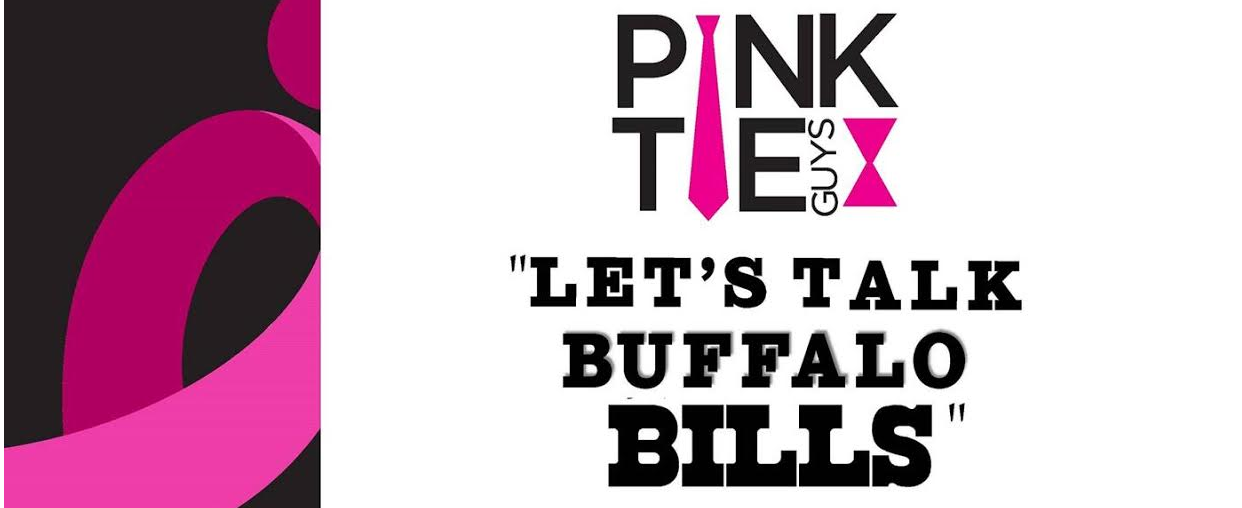“The Hurry Up” is a weekly podcast covering the Bills, hosted by Matt Pitarresi. It gets to the point quickly. You’re busy. There’s no time to argue with callers or share warm memories of setting people on fire in the parking lot. We’re talking stats, strategy, and gameplay. Look for it on iTunes and Stitcher one week before the season begins. Every cast will be accompanied by a blog so you can get all the info you need to know whether you’ve got headphones or not. To sponsor the cast with your business, reach out to hey@risecollaborative.com
From Matt’s Desk. August 17:
A week ago, the Bills played their first pre-season game. Less than 24 hours later, the season, and any expectation fans should have for it, was radically altered.
In a pair of unconventional trades, the new Bills front office shipped out two young stars, Sammy Watkins and Ronald Darby, in exchange for players and future picks. As Danny Heifetz at The Ringer pointed out, the trades are unconventional only by NFL standards. In the NBA, trades like the Bills made Friday-shipping out talented players on expiring contracts (Sammy) or that weren’t, ahem, “scheme fits” (Darby) in exchange for less talented players also on expiring contracts, and, most importantly, future draft picks-are much more common. By trading away starting-calibers players who would’ve contributed significantly this season, the front office provided the first substantive glimpse into their approach to balancing success in the short and long term.
This balancing act is one that both new GM Brandon Beane and first year head coach Sean McDermott have espoused since their arrivals in Buffalo. “Win in the short term, win in the long term” has been the foremost mantra of this new front office. And while decisions have been made throughout the offseason that gave an indication of where that sweet spot might be (trading back in the first round of this year’s draft for future picks, relying on rookie starters at premier positions), last week’s trades have provided the clearest indication yet what they believe the ratio of that balance is.
It’s tough to deny, by any objective measure, that the players Buffalo will now roll with at two premier positions, Jordan Matthews at WR and E.J. Gaines at CB, are less talented after the trades. More murky, however, is how much worse off the Bills actually are this season as a result of the trade. Matthews has a track record of solid, if workmanlike, production. Gaines’ skills seemingly make him a better fit in the zone-based scheme McDermott asks his cornerbacks to embrace. And yet, Matthews, held up by everyone from Brandon Beane to reliable company guy Chris Brown as the consummate pro, always available and productive, is already week-to-week with an injury, and won’t play tonight. And Gaines, much like Sammy Watkins, has a checkered injury history. He missed all of 2015 with a Lisfranc injury, and struggled working back to form in 2016. Assuming Matthews gets and stays healthy, and Gaines bounces back from a down year, perhaps the realized drop in team production is minimal, but there are concerns already.
Still the main takeaway here is that the trades tip the scales of win-now/win-later heavily in the direction of the future. Holding 6 picks in the first 90 selections of next year’s draft, the Bills are well positioned to restock the roster with young, franchise cornerstone players. “Their” players, if you will. Maybe even a franchise quarterback, the Great White Buffalo that has eluded the franchise for the better part of two decades, if they manage all that draft capital properly.
And therein lies the rub. Even if the trades ultimately pay off for the Bills this season, winning in the “long term”, as Beane has put it, requires effectively converting those picks into roster staples capable of making a legitimate run at the Super Bowl. Otherwise, the unconventional new ways of doing business will quickly feel like more of the same old crap.



